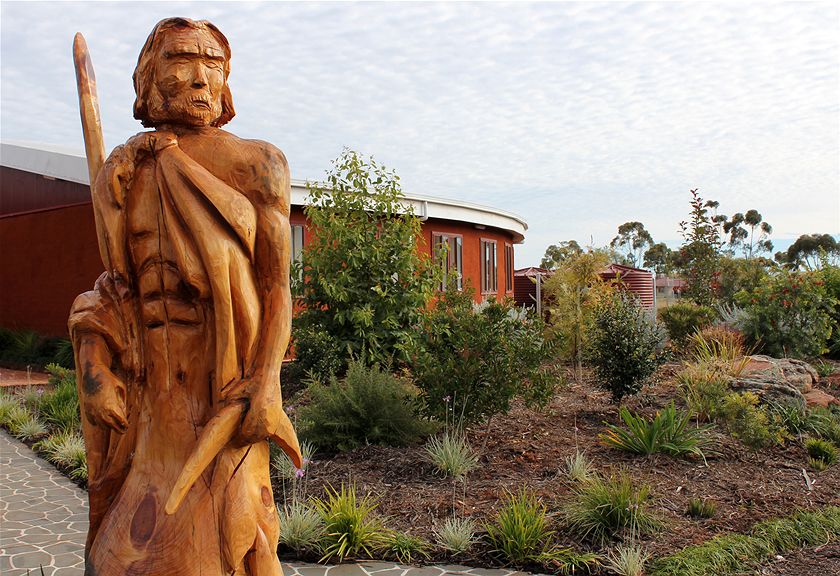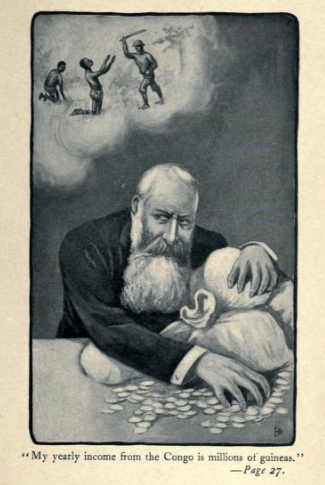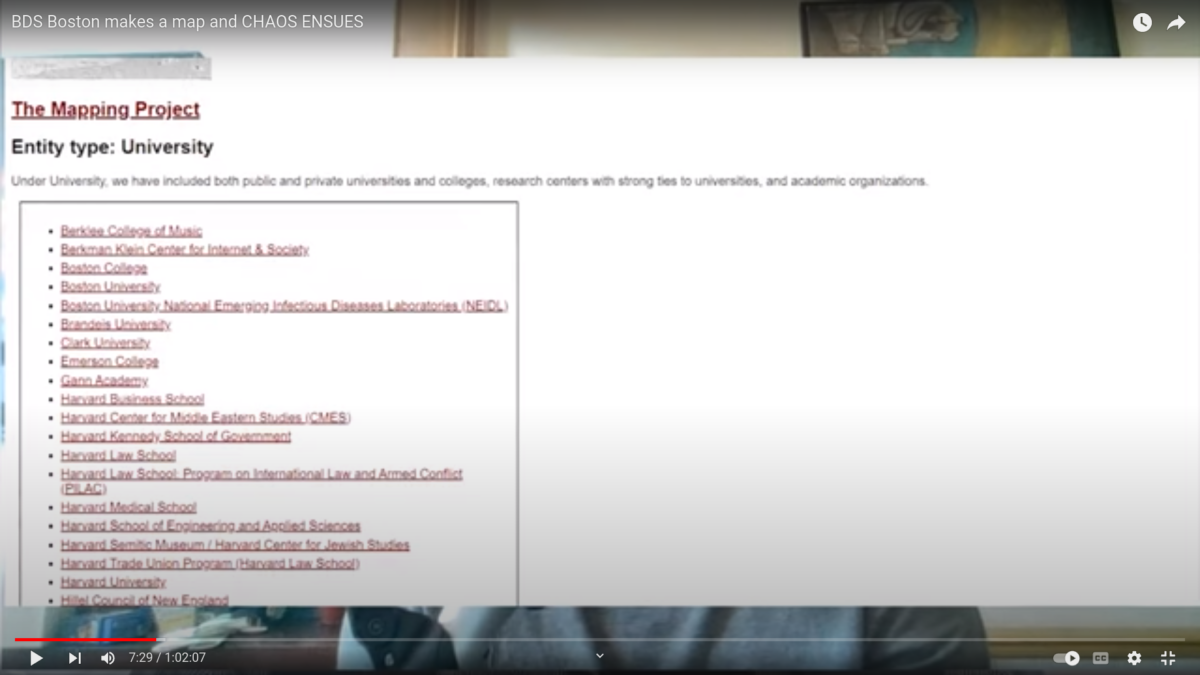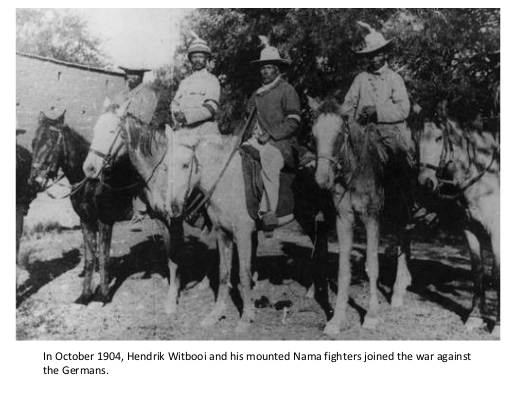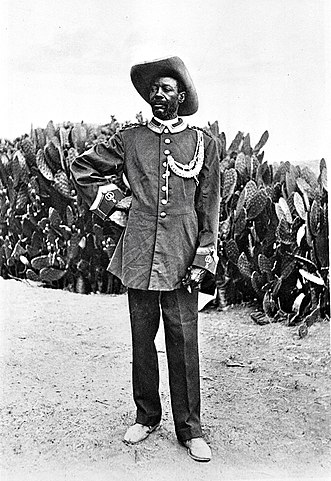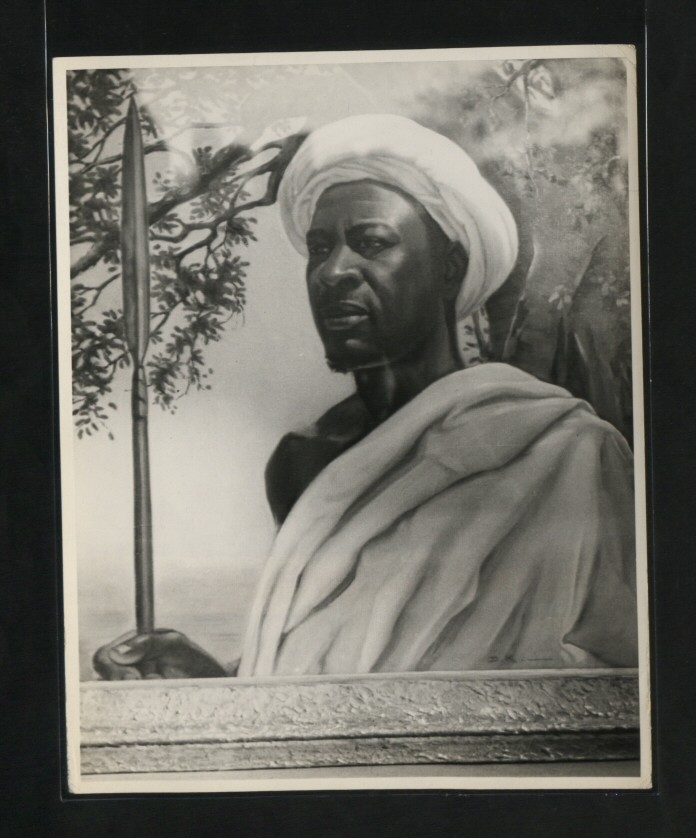At the same time that the European empires were scrambling for Africa, they held a scramble in the Pacific. For the British Empire the base was Australia, and we begin with the scramble for Australia, the story of the theft of (another) continent beginning in 1788. Always was, always will be, aboriginal land.
Audio
Scramble for Africa 21: mini-scramblers Portugal, Italy, Spain, Sweden, Belgium, Denmark…
The biggest player in the Scramble for Africa was England. Second place to France, third to Germany. But there were many other European powers at the Berlin Conference in 1884 and the plunder of Africa was shared among even the smallest of European countries. Who and how, in this episode of the Scramble for Africa.
AER 112: BDS Boston makes a map and chaos ensues
In June 2022 a small activist group in Boston created mapliberation.org, a project mapping primarily policing institutions in Massechussetts and their connections to corporations, organizations, and politicians who are implicated in the prison-industry complex, in throwing people out of their homes to create investment opportunities, in grabbing Indigenous land, in colonizing Palestinian land, and other harms. When the website came out, the very institutions discussed in the mapping project unleashed a storm of criticism, bullied them off of two servers, and hurled a wide ranging set of ridiculous accusations. A roundup of the mapping project and the “freakout” about it.
Scramble for Africa 20: Germany (pt3) genocides the Nama, 1908
In September 1904 several Nama scouts slipped away from the Germans after the battle of Waterberg and the genocide of the Herero, to warn their leader, Hendrik Witbooi, of what the Germans were capable of. Hendrik Witbooi then called all the Nama leaders to war, a war where they used guerrilla tactics to confound the Germans and drive the German leader, von Trotha, home in defeat. But while they exhausted the German colonizers, they exhausted themselves as well and German missionaries were able to draw the survivors to surrender on false promises of good treatment, after which they were sent first to concentration camps and then to – perhaps – the world’s first death camp, on Shark Island. Our concluding episode on the Germans in the Scramble – on the Nama genocide.
Gustavo Petro wins Colombia’s presidency – what next?
Colombia, in a run-off vote, elected Leftist ex-rebel Gustavo Petro to the presidency in a narrow, historic election. We are joined by Colombian doctor and political activist, MANUEL ROZENTAL.
Justin Podur joins us for this roundtable on the impact of the elections in Colombia. This is a joint operation with The Anti-Empire Project and The Brief Podcast.
In Real Time with Stan Cox 3: The People vs Petrocracy
Stan Cox joins us for June’s dispatch of In Real Time. As he prepares to travel to Washington DC for a protest (the report on that will follow next dispatch) Stan actually talks to us about local struggles: Indigenous struggles against pipelines, and the remarkable story of the LA Bus Riders Union. All that and more in this episode of In Real Time with Stan Cox.
Scramble for Africa 19: Germany (pt2) genocides the Herero, 1904
The devastating story of the Herero genocide, complete with von Trotha’s extermination order, Samuel Maharero’s resistance, the battle at the Waterberg, and the concentration camps at Swakopmund and elsewhere. We’re using Erichsen and Olusoga 2011, The Kaiser’s Holocaust: Germany’s Forgotten Genocide and the Colonial Roots of Nazism.
AER 111: Imran Khan’s Long March in Pakistan
An update on the dynamic situation in Pakistan. Fan favorite Waqas Ahmad (@worqas on twitter) is back to talk about the massive march and nationwide protest of May 25 in Pakistan, which ousted Prime Minister Imran Khan called. Imran Khan called the protest off on May 26 in the face of escalation and repression, giving the government six days to call a new election (this is posted on day six). When Waqas and I organized this talk, we were in the middle of the protests and saw an explosive situation developing. I’m posting it now in the middle of what is probably a temporary calm.
In Real Time with Stan Cox 2: Can the oily authoritarians be stopped?
Instalment 2 of our monthly discussion on environmental topics with Stan Cox – this week Justin talks about some problems with what he calls “western environmentalism”; then we go over Stan’s latest dispatch (which will be up May 16 at citylights.com/blog) about voter suppression and protest suppression and how it’s changing US politics.
Scramble for Africa 18: Germany in the Scramble pt1 – from Karl Peters to the war on Mkwawa and the Wahehe
We begin the story of Germany in the Scramble for Africa with the question: was Germany really as bad as their enemies say they were? (spoiler: worse) We talk about Bismarck’s reluctance to own colonies, about why he started to change his mind as Germany caught a growing colonial fever; we talk about the harrowing career of Karl Peters, and then talk about the Germans in East Africa – the war on Mkwawa and the Hehe; the Maji Maji rebellion; and some short notes on Rwanda and Burundi under German control. The Herero and Nama genocides in Namibia will follow in the next episodes.

